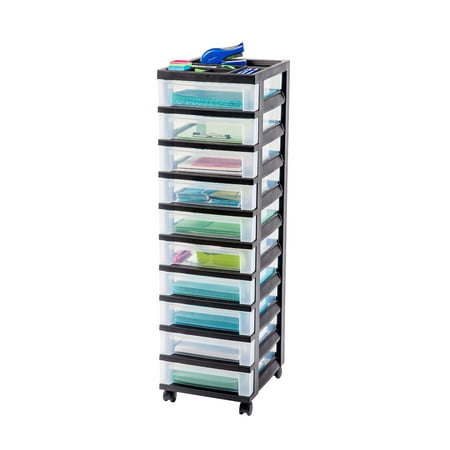12 Tips For Better Time Management
1. Create a daily plan
Plan your day before it unfolds. Do it in the morning or even better, the night before you sleep. The plan gives you a good overview of how the day will pan out. That way, you don’t get caught off guard. Your job for the day is to stick to the plan as best as possible.

2. Peg a time limit to each task
Be clear that you need to finish X task by 10am, Y task by 3pm, and Z item by 5:30pm. This prevents your work from dragging on and eating into time reserved for other activities.

3. Use a calendar
Having a calendar is the most fundamental step to managing your daily activities. If you use outlook or lotus notes, calendar come as part of your mailing software; Google Calendar can sync it to your mobile phone and other hardwares you use – that way, you can access your schedule no matter where you are.

4. Use an organizer
The organizer helps you to be on top of everything in your life. It’s your central tool to organize information, to-do lists, projects, and other miscellaneous items.

5. Know your deadlines.
When do you need to finish your tasks? Mark the deadlines out clearly in your calendar and organizer so you know when you need to finish them.

6. Learn to say “No”
Don’t take on more than you can handle. For the distractions that come in when you’re doing other things, give a firm no. Or defer it to a later period.

7. Target to be early.
When you target to be on time, you’ll either be on time or late. Most of the times you’ll be late. However, if you target to be early, you’ll most likely be on time. For appointments, strive to be early. For your deadlines, submit them earlier than required.

8. Have a clock visibly placed before you
Sometimes we are so engrossed in our work that we lose track of time. Having a huge clock in front of you will keep you aware of the time at the moment.

9. Focus
Focus on just one key task at one time. Close off all the applications you aren’t using. Close off the tabs in your browser that are taking away your attention. Focus solely on what you’re doing. You’ll be more efficient that way.

10. Don’t fuss about unimportant details
You’re never get everything done in exactly the way you want. Trying to do so is being ineffective.

11. Delegate
If there are things that can be better done by others or things that are not so important, consider delegating. This takes a load off and you can focus on the important tasks.

12. Leave buffer time in-between.
Don’t pack everything closely together. Leave a 5-10 minute buffer time in between each tasks. This helps you wrap up the previous task and start off on the next one.
